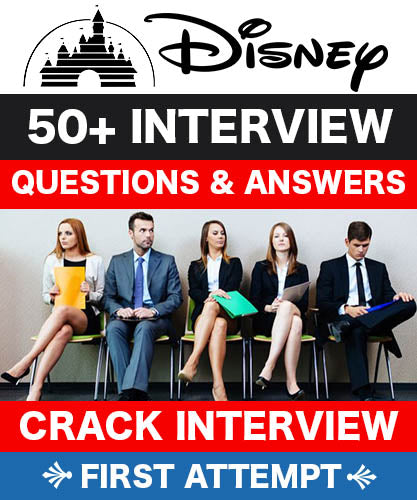Transcriptionists (Independent Contractors)
As an independent contractor, you will be working from home as a freelance transcriptionist, making an accurate text document of the contents of audio, video, typed or handwritten material.
We transcribe oral history interviews (with WWII veterans, women in academia, farmers, midwives...), focus groups, financial forecasts or quarterly reports, tech webinars, commencement addresses, interviews about NGO work, educational reform or health care access, or anything else you could think of, and even occasionally TV shows. We don't do medical transcription.
Who we're looking for:
No calls, please. File your online application here and include:
We transcribe oral history interviews (with WWII veterans, women in academia, farmers, midwives...), focus groups, financial forecasts or quarterly reports, tech webinars, commencement addresses, interviews about NGO work, educational reform or health care access, or anything else you could think of, and even occasionally TV shows. We don't do medical transcription.
Who we're looking for:
- Fast and accurate typists (minimum of 80 wpm), who can deliver files within 24 hours or less for an hour-long file.
- People with a wide range of interests or educational experiences. As the subject matter varies broadly, it's easier to understand the flow of conversation when you have some context for what is being discussed.
- Transcriptionists who are fluently bilingual or multilingual are always welcome.
- Strong language, style, and punctuation skills, and the capability and willingness to follow our in-house style manual as well as project-specific instructions.
- Ability to verify names and terms via brief internet research. Much of the work we do is for archives, so these transcripts will become part of a historical record and need to be of high quality to reflect that permanence.
- A reliable internet connection is a must. ATC sends project files via Dropbox links, so no special FTP setup is necessary.
- For confidentiality reasons, we require that you use an email address that no one else has access to.
- Transcripts should be returned to ATC as .doc files. You are not strictly required to use Microsoft Word; you can also use Open Office or some other program that has the capability to save as a .doc file as long as the formatting requirements are met and the functionality of the end product is indistinguishable from a document completed in Word.
- ATC highly recommends the use of transcription software controlled via hotkeys or a foot pedal, and the use of good-quality headphones to cut down on ambient noise while you are transcribing.
No calls, please. File your online application here and include:
- Current resume (PDF)
- Cover letter (PDF)
- A screenshot of the results from a three-minute typing test on www.typingtest.com (our minimum requirement is 80 wpm with 98% accuracy)
Transcriptionists (Independent Contractors)



















